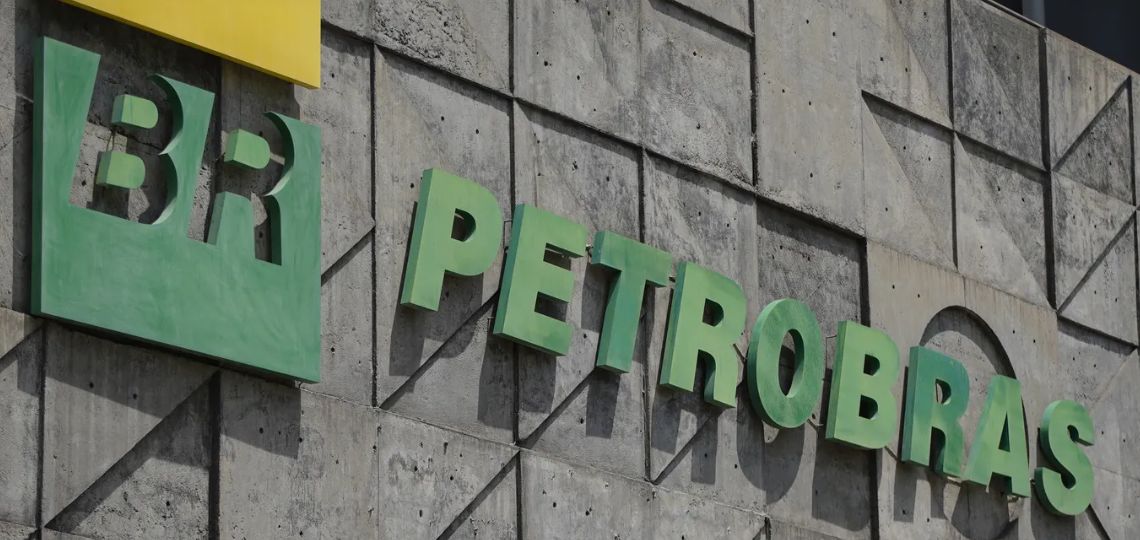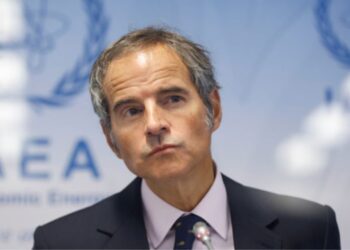In Brazil, President Lula announced that he was starting talks with candidates for the management of the oil company Petrobras.
A future reform
In Brazil, Luiz Inacio Lula da Silva dismissed the idea of privatizing Petrobras, which Bolsonaro said would happen next year. However, the new president as of January 2023 is dissatisfied with the current organization. Thus, it plans to renew the first and second level executives of Petrobras.
Nevertheless, the new regulations constrain Lula. This requires that the next executive director take office at least 45 days after his or her appointment. It could take two to four months before a new team is in place.
Bolsonaro appointed the current CEO, Caio Paes de Andrade. While his term technically ends in April, he can resign by January 1 at the earliest. However, those close to him say that he gives no indication that he wants to do so.
Various candidates approached
If the future President of Brazil does not personally discuss with candidates, he establishes a short list. This list includes Senator Jean Paul Prates, a former energy policy advisor, who appears to be the ideal candidate. However, his 2020 election campaign could hurt his candidacy because it is not consistent with a CEO nomination.
The former governor of Bahia, Rui Costa also appears on the list. In addition, the list also includes Magda Chambriard, the former director of the oil and gas regulator ANP. In addition, William Nozaki, a professor of economics, could head a non-core division of Petrobras.
The Workers’ Party insists that the leadership must align itself with Lula’s climate policy plans. Thus, state-owned enterprises must act as drivers of Brazil’s economic development. This will include the resumption of investment in renewable energy.
Resume investments
In recent years, the sale of the biofuel unit and other non-petroleum assets have been used to pay down debt. In addition, Bolsonaro suspended renewable energy projects. Thus, investments were almost entirely restricted to offshore oil production.
For Lula, it is therefore a matter of resuming investments in renewable energies. Petrobras’ new approach will probably be similar to the strategy adopted by the European majors. Indeed, BP and Shell are cutting back on crude oil bets to invest in cleaner energy.
Lula and his advisors want to spend more of the profits on investments rather than dividends. The numbers achieved in the last two semesters were unbeatable. In fact, Petrobras was paying shareholders more than twice the dividend of any European or American oil producer.






